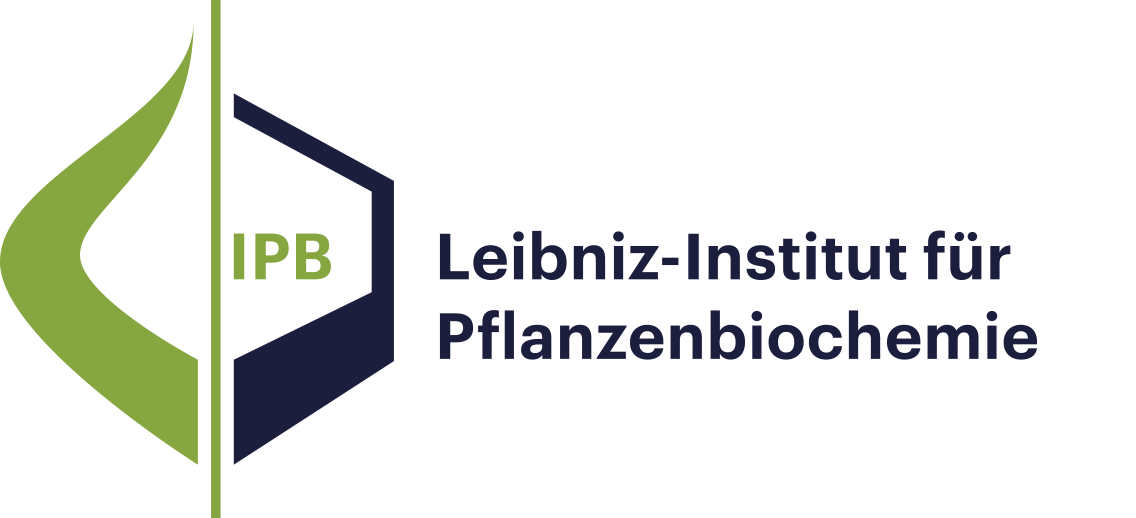- Ergebnisse als:
- Druckansicht
- Endnote (RIS)
- BibTeX
- Tabelle: CSV | HTML
Publikation
Leitbild und Forschungsprofil
Molekulare Signalverarbeitung
Natur- und Wirkstoffchemie
Biochemie pflanzlicher Interaktionen
Stoffwechsel- und Zellbiologie
Unabhängige Nachwuchsgruppen
Program Center MetaCom
Publikationen
Gute Wissenschaftliche Praxis
Forschungsförderung
Netzwerke und Verbundprojekte
Symposien und Kolloquien
Alumni-Forschungsgruppen
Publikationen
Publikation
Mitogen-activated protein kinase (MAPK)–mediated responses are in part regulated by the repertoire of MAPK substrates, which is still poorly elucidated in plants. Here, the in vivo enzyme–substrate interaction of the Arabidopsis thaliana MAP kinase, MPK6, with an ethylene response factor (ERF104) is shown by fluorescence resonance energy transfer. The interaction was rapidly lost in response to flagellin-derived flg22 peptide. This complex disruption requires not only MPK6 activity, which also affects ERF104 stability via phosphorylation, but also ethylene signaling. The latter points to a novel role of ethylene in substrate release, presumably allowing the liberated ERF104 to access target genes. Microarray data show enrichment of GCC motifs in the promoters of ERF104–up-regulated genes, many of which are stress related. ERF104 is a vital regulator of basal immunity, as altered expression in both erf104 and overexpressors led to more growth inhibition by flg22 and enhanced susceptibility to a non-adapted bacterial pathogen.

